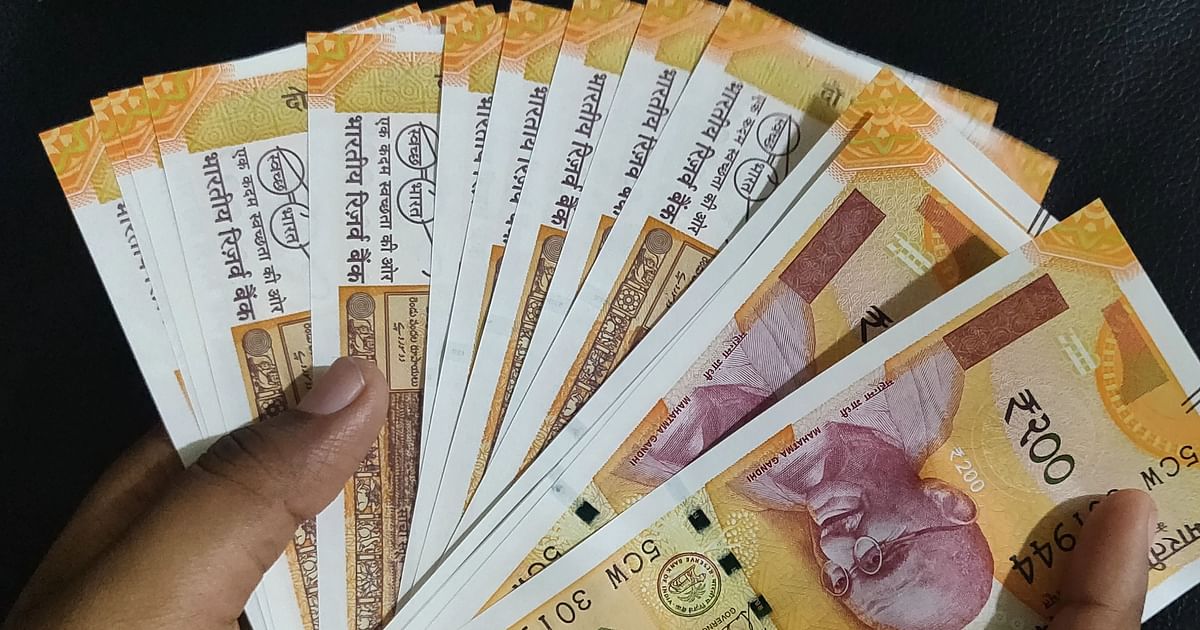[ad_1]
Promoting and expanding the rupee’s role on the international stage could deliver a host of advantages for India, including a reduction of the need for foreign exchange reserves, according to Reserve Bank of India’s Deputy Governor T Rabi Sankar.
“The process involves promoting rupee for import and export trade and then other current account transactions followed by its use in capital account transactions,” Sankar said while speaking at the annual day event of the Foreign Exchange Dealers Association of India on Oct. 20.
Highlighting the upsides of having the rupee play a bigger international role, Sankar drew a distinction between “rupee as an international currency” and the “internationalisation of the rupee”.
While the former would refer to the standing currently enjoyed by the U.S. dollar and bring with it attached privileges, such as freedom from balance of payments crises, the latter would mean expanding the rupee’s role in cross-border current account and capital account transactions.
Internationalisation of the rupee would have the following advantages, according to Sankar:
-
Mitigating currency risk for Indian businesses.
-
Reduction of the need to hold foreign exchange reserves.
-
Lowered vulnerability to external shocks.
-
Increased bargaining power for Indian businesses.
Allowing external commercial borrowing in rupees, including Masala Bonds, is among the steps the RBI has already taken to encourage rupee’s internationalisation, Sankar said.
The RBI’s scheme permitting settlement of international trade in rupees and linking domestic rupee markets with offshore rupee markets by allowing banks to operate offshore are also among the steps taken by the RBI in this direction, he said.
“Non-resident holdings of rupees could exacerbate pass-through of external stimulus to domestic financial markets,” Sankar said, highlighting some of the drawbacks of internationalising the rupee.
The risks are real but also unavoidable, he said.
While a bigger international role for the rupee would make macroeconomic policy more complicated. the alternative of playing it safe and compromising growth is not an optimal choice, he highlighted.
“We need to calibrate our moves to the evolving size of our economy… But the direction is clear,” Sankar said.
The rupee has seen considerable downward stress over the last few days as the dollar continues to strengthen against all major currencies.
The rupee was trading at 82.69 per dollar at the close of markets on Friday. Analysts BQ Prime spoke with said that they expect the rupee to breach the 84 mark against the dollar within this quarter.
[ad_2]
Image and article originally from www.bqprime.com. Read the original article here.

